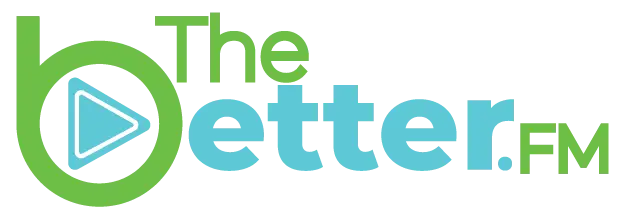Debt can be a significant source of stress and financial burden, impacting your quality of life and future financial goals. Whether you’re dealing with credit card debt, student loans, medical bills, or other forms of debt, taking proactive steps to eliminate debt and regain financial freedom is crucial. Here’s a comprehensive guide on effective strategies to get out of debt and achieve financial independence.
1. Assess Your Debt
Start by gathering all your financial statements and credit reports to assess the total amount of debt you owe. List each debt, including the outstanding balance, interest rates, minimum monthly payments, and due dates. Understanding the full scope of your debt is essential for creating a realistic debt repayment plan.
Develop a detailed budget that outlines your monthly income, essential expenses (such as housing, utilities, groceries), and discretionary spending (entertainment, dining out). Allocate a portion of your income towards debt repayment, ensuring you have enough to cover minimum payments while prioritizing high-interest debts for accelerated repayment.
3. Prioritize High-Interest Debts
Identify debts with the highest interest rates (such as credit cards or payday loans) and prioritize paying them off first. Allocate extra funds towards these debts while making minimum payments on others to minimize interest charges and expedite debt repayment.
4. Explore Debt Repayment Strategies
Consider various debt repayment strategies to accelerate your progress:
- Debt Snowball Method: Start by paying off the smallest debt first, then use the freed-up payment to tackle the next smallest debt. This method provides psychological motivation as debts are eliminated one by one.
- Debt Avalanche Method: Focus on paying off debts with the highest interest rates first, regardless of balance size. This approach minimizes interest charges over time, potentially saving you money.
- Debt Consolidation: Consolidate multiple debts into a single loan with a lower interest rate, making it easier to manage payments and reduce overall interest costs. Be cautious of fees and ensure the new loan terms are favorable.
5. Increase Income and Reduce Expenses
Explore opportunities to boost your income, such as taking on a part-time job, freelancing, or selling unused items. Use extra income to accelerate debt repayment and build a financial cushion.
Cut non-essential expenses, such as dining out, subscriptions, or entertainment, to free up more funds for debt repayment. Embrace a frugal lifestyle temporarily to achieve long-term financial freedom.
6. Negotiate with Creditors
Contact your creditors to negotiate lower interest rates, extended payment terms, or hardship programs if you’re struggling to make payments. Many creditors are willing to work with you to find manageable solutions and avoid default.
7. Build an Emergency Fund
While focusing on debt repayment, prioritize saving for emergencies to avoid taking on more debt in case of unexpected expenses. Aim to set aside at least three to six months’ worth of living expenses in a separate savings account.
8. Seek Professional Help if Needed
If your debt feels overwhelming or you’re unsure where to start, consider seeking guidance from a certified credit counselor or financial advisor. They can provide personalized advice, debt management plans, and negotiation strategies to help you regain control of your finances.
9. Stay Motivated and Persistent
Getting out of debt requires discipline, patience, and persistence. Celebrate milestones, such as paying off individual debts or reaching savings goals, to stay motivated on your journey to financial freedom.
10. Educate Yourself on Financial Management
Learn about personal finance, budgeting, and debt management strategies to improve your financial literacy and make informed decisions. Develop healthy financial habits to prevent future debt accumulation and maintain financial stability.
Conclusion
Getting out of debt is achievable with careful planning, budgeting, and commitment to debt repayment strategies. By assessing your debt, creating a budget, prioritizing high-interest debts, exploring repayment strategies, increasing income, reducing expenses, negotiating with creditors, building an emergency fund, seeking professional help if needed, staying motivated, and educating yourself on financial management, you can break free from debt and pave the way towards financial independence. Take proactive steps today to eliminate debt, regain control of your finances, and build a secure financial future.






